Rape is an unlawful sexual activity and usually sexual intercourse carried out forcibly or under threat of injury against a person’s will or with a person who is beneath a certain age or incapable of valid consent because of mental illness, mental deficiency, intoxication, unconsciousness, or deception. It is a criminal offence punishable by law. The physical, emotional and health consequences of rape are enormous, one of which is pregnancy.
From medieval times until the 19th century, doctors and laypeople widely believed that women only conceived if they had an orgasm, because it was assumed that the female seed “egg” needed to complement the male sperm to result in pregnancy could only be secreted during sexual climax like it is in male reproduction. Samuel Farr’s Elements of Medical Jurisprudence, a treatise from 1785 (second edition 1814), elaborates: “For without an excitation of lust, or the enjoyment of pleasure in the venereal act, no conception can probably take place. So that if an absolute rape were to be perpetrated, it is not likely she would become pregnant.” Pregnancy was used as a defense against rape, that is, a rape case could be dismissed if the victim got pregnant because it was believed pregnancy can only stem from consensual sex. Due to upsurge in human rights advocacy, feminism and evolution of knowledge, pregnancy has been identified as a likely result of rape. The debate now is whether rape victims should be allowed to abort their pregnancies if they don’t want it.

The focus of this article is on victims who do not want to keep their pregnancies. That being said, it bears stating in no uncertain terms that this article is not in any way encouraging all rape victims to terminate their pregnancy whether or not they want to.
Rape is an abhorrent and repugnant act. It is a violation of a person’s body and rights. No woman should be forced to carry and raise a child that was created out of an act that is so vile and disgusting. It is literally violating the woman over and over again.
By definition, pregnancy out of rape is an unintended pregnancy. Studies have shown that women who experience unintended pregnancies go on to have worse mental health outcomes, experience higher rates of perinatal mortality and postpartum complications, and are more likely to deliver low–birth weight infants as compared to women with planned pregnancies. When a woman is forced to raise a child conceived by rape, the traumatic effect of the rape and the child’s blood relationship to the rapist has the potential to create some psychological challenges and adversely impact her mental health. Rape can cause difficulties during and after pregnancy, with potential negative consequences for both the victim and the resulting child if the woman is forcefully made to keep and raise the child as she may have difficulties accepting it, and both the mother and child face ostracism and stigmatization in some societies.
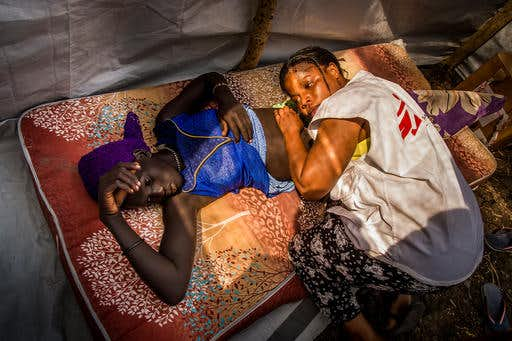
Although there are many options other than raising one’s own child such as putting it up for adoption, no victim should be pressured into making them. 9 months is a long time for a woman to carry a child she does not want. Besides, pregnancy goes beyond just carrying a fetus. It comes with mental, emotional, physical and even financial burden. A woman should only go through these emotions out of her own free will. According to research, there are approximately 55 million orphaned children in Sub – Saharan Africa. These children are yet to find a good home to be raised.
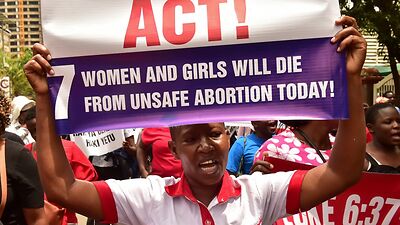
The legal structures of many African countries enforce a system that allows for the subjugation and oppression of women. The criminalization of abortion has led to women carrying out unsafe abortions that have claimed the lives of many women. It is bad enough that a rape victim has to live with their new reality, they should not have to seek validation from anyone as to what they should do with their bodies. This double bind has left lots of women devastated, some dead. It is high time the world stopped trying to tell women what to do with their bodies. It is not the government’s or society’s right in cases of rape to tell a woman what she should do with her body. Women need to have autonomy over their bodies and make decisions for themselves by themselves.

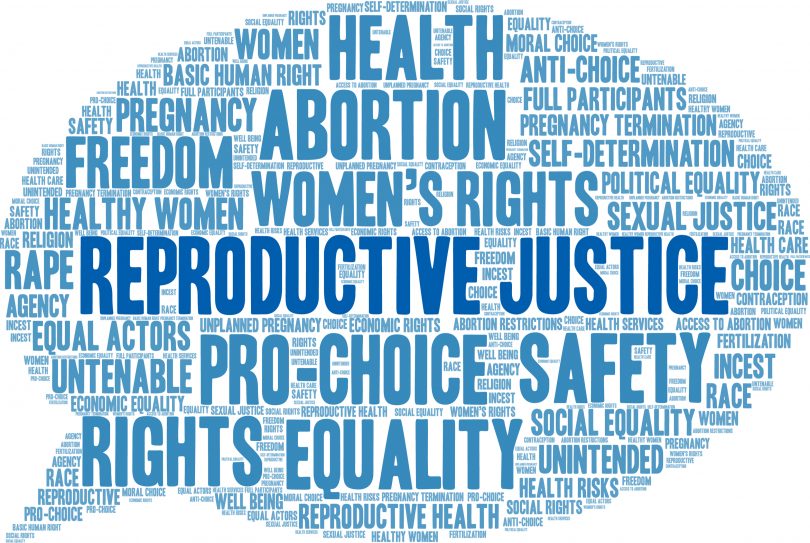
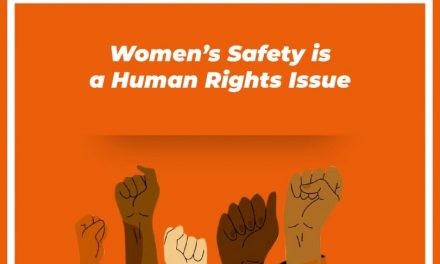

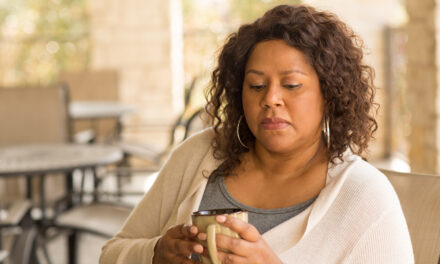
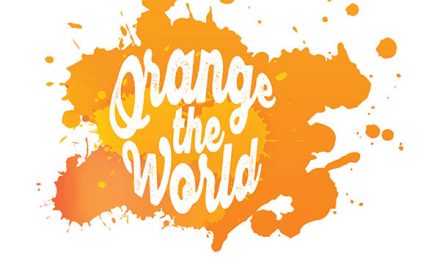
Very well written piece Tobi! I enjoyed the read. However I have a worry; how about when women’s autonomy over their body put the life of another at risk?
I understand your argument about the trauma of keep a child borne out of a rape incident. Although many pray not to get pregnant from that, some even go ahead to take steps to avoid pregnancy, but some cannot avoid it no matter how hard they try. I know it doesn’t measure up as an appropriate illustration, but it feels like saying ‘a person should not be allowed to feel the hurt and pain resulting from a ghastly car accident. Sometimes, such people are maimed and may even live in vegetative state for the rest of their lives (reliving the accident every single day, not just for a few months).
My point, neither rape or a car crash is a good experience, and as much as possible we pray and work to avoid any of those, but unfortunately they happen. While it is okay to try and reduce the effect of rape on victims mental and physical health, I don’t want to think that taking the life of another is the best way out, except there is evidence that the life of the victim is at risk.